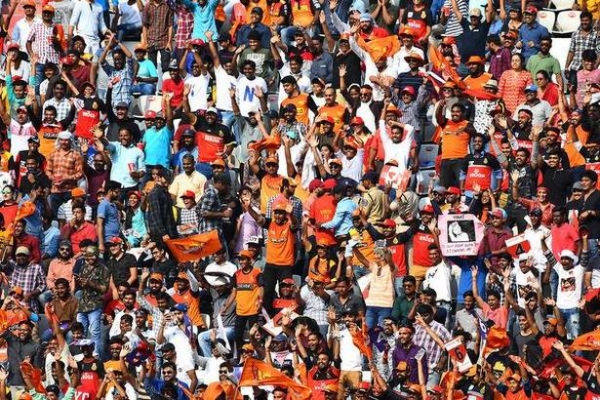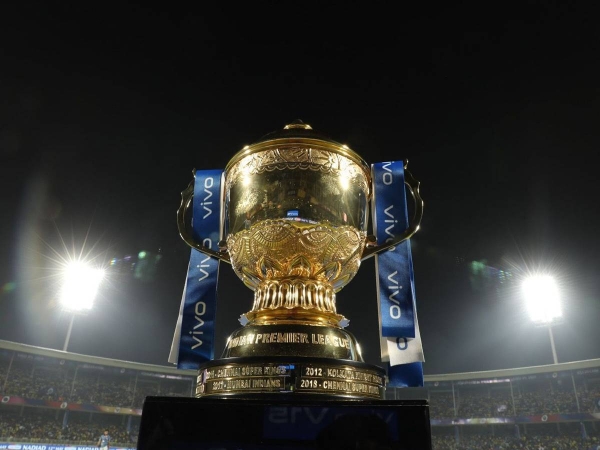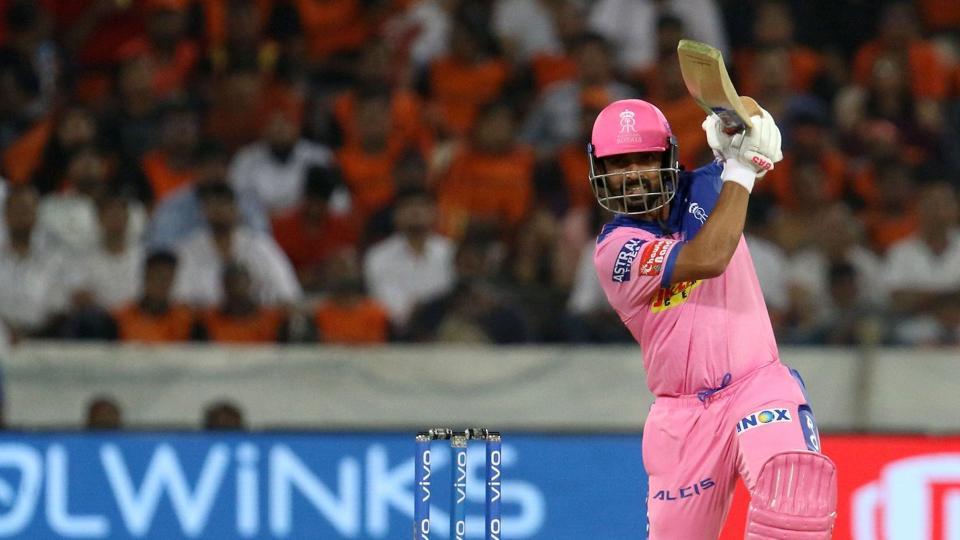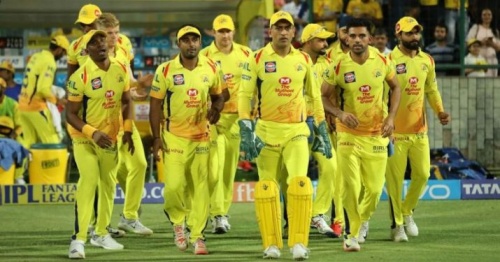MUMBAI: Unprecedented in our lifetime, the havoc caused by the Covid-19, brought about has left, the sports industry in absolute disarray.
Given that India and cricket, from India's perspective, seem to be back to normal in the coming months, there is much to worry about as the gaming economy lies in a shamble. Few understand the global and local economy of sport from a bird's perspective such as Sundar Raman.
The former chief executive officer of the Indian Premier League (IPL), who has worked on T20 ownership from the start and was one of the main practical work on the International Cricket Council (ICC), is closely monitoring how things have gone spiraling out. Raman is working on a white paper that analyzes the current cricket crisis, the stress of the coming months, and the potential treatments the industry can consider in the short and long term. Exclusively share these reviews with TOI.

If there is a controversy between the World Cup T20 or IPL, it explains why the IPL should be where no sport can withstand the financial crisis today. From Raman's point of view, this is an annual property that generates about 40% of global cricket revenue versus a global property that has the ease of reprogramming for a later stage.
He says that IPL alone guarantees US$100m in players' salaries annually (Rs 85 cr per franchise multiplied by 8). This accounts for broadcast revenue for at least three to four ICC membership councils together, confirming what is at stake for players financially on a global scale when it comes to the T20 in India.
Raman has worked on two possible scenarios that may unfold in the coming months:

Scenario 1: Sport returns to TV / digital platforms in July 2020 and fans stadiums in January 2021
Scenario 2: Sport returns to TV / digital platforms by December 2020 and fans stadiums by April 2021
Raman says the focus of this document is to shine a light on the micro-economy of sport with a focus on the global cricket scene in the top three incomes of the sports economy, which are media/broadcast revenue, sponsorship revenue and Game Day (ticketing) revenue and the impact of COVID on the overall ecosystem.
With a global cricket economy estimated US$1.9b and a heavy dependence on India (nearly two-thirds of revenue is generated by playing in India or with the participation of India), India realizes only 45% of its full potential, thus allowing other countries to cash.
“This potential opportunity for India’s contribution to revenue (which India has not provided) is only $ US$ 1.2b over a 4-year cycle (2019-2022)," he says.
A third of cricket revenue in 2019 came from IPL. With a fair market price structure, nearly 24% ($ 100 million) of transmission rights fees earned by IPL are spent as player salaries every year.
In 2019, despite being a year in the Cricket World Cup, IPL revenue was estimated to be 30% higher than that of the World Cup (not including CWC ticket issuance revenue, such as the host retains). IPL 2020 revenue was expected to increase by 70% compared to ICC WT20 revenue in 2020. With the current uncertainty surrounding these two events, this remains a hypothetical scenario. Raman says, "Canceling these two events will have a serious impact on the cricket economy for this year."
However, in the event of an ICC event, where contracts will last until 2023, postponement until 2022 may be possible without losing income. Not hosting an IPL or binary season for any country will result in an income loss, which is undesirable. In an ideal world, the ICC event to be held in 2021 in India can move to Australia as it is in the same October window, and India can host the event in 2022 by creating a suitable window. This will allow time for economic recovery and will not confuse the calendar. "
Also, if the WT20 is made behind closed doors, the front door revenue for Australia will be zero. For IPL, even if conducted behind closed doors, the impact is less as it is extinguished by more than 8 stakeholder teams and the IPL economy still supports one season behind closed doors.
“IPL remains the most important event for the global cricket economy. With a contribution of about a third of global cricket revenue annually, the importance of the global cricket economy IPL cannot be overstated. If IPL is considered the separate cricket agency and IPL revenue will be removed from Indian cricket board revenue, and IPL will appear as the largest Generator of global cricket revenue, which is even higher than the ICC and ACC revenue.
Read More: Stadiums, sports complexes allowed to open, spectators barred
Therefore, given the significant contribution and annual nature of IPL, event cancellation would be a severe revenue loss for the cricket economy, something that no sport can afford in the current economic environment. While the jury has not yet decided on the International Criminal Court WT20 this year, the postponement of (T20 Global) deserves serious consideration.

The document also states: While India earns US$ 863m, the value attributable to revenue from the Indian share is estimated at US$ 1.2b. This delta in excess of US$ 300m+ annually can be seen as lost opportunities for India or in a more positive perspective as India's contribution to cricket outside India. For 4 years, this value was astonishing at US$ 1.2b. Broadcast and sponsorship deals for the ICC and ACC events are mainly driven by the large fan base in India and the large audience in India. Media reports put TV audiences into the 2019 ICC CWC Final between England and New Zealand in England with 15.4 million in Sky in England and 183 million in India.
Additionally, out of a total of 706 million one-time broadcasts of the 2019 ICC ODI World Cup, 509 million were from India. This reliance on India is also evident from the relatively low value that global broadcasters obtain through licensing from all other markets despite organized events in some of those markets.
“India’s importance to the global cricket economy cannot be overstated. Outside Australia and England, which have been doing big business in the domestic market, worth US$ 1b over 4 years, other cricket paintings and Raman say they depend on Indian tours as part of bilateral props to attract broadcasters’ attention Indians.
For countries where transactions in the domestic market are not large, flights from countries like India, England, or Pakistan become important, because they open up large transportation rights abroad, and are much greater than national rights.
Many cricket boards have provisions in their broadcast agreements for how many games to play against India during the agreement period. Failure to comply with this may adversely affect the realization of the value of transmission rights. Given that the majority of these boards without broadcasting and playing rights within an income range of US$ 35 to US$ 45m, were not taken into account in the document analyzing a global crisis, and therefore, the main players.
Image Source- Times of India
Read More: IPL not happening anytime soon: BCCI treasurer Arun Dhumal















